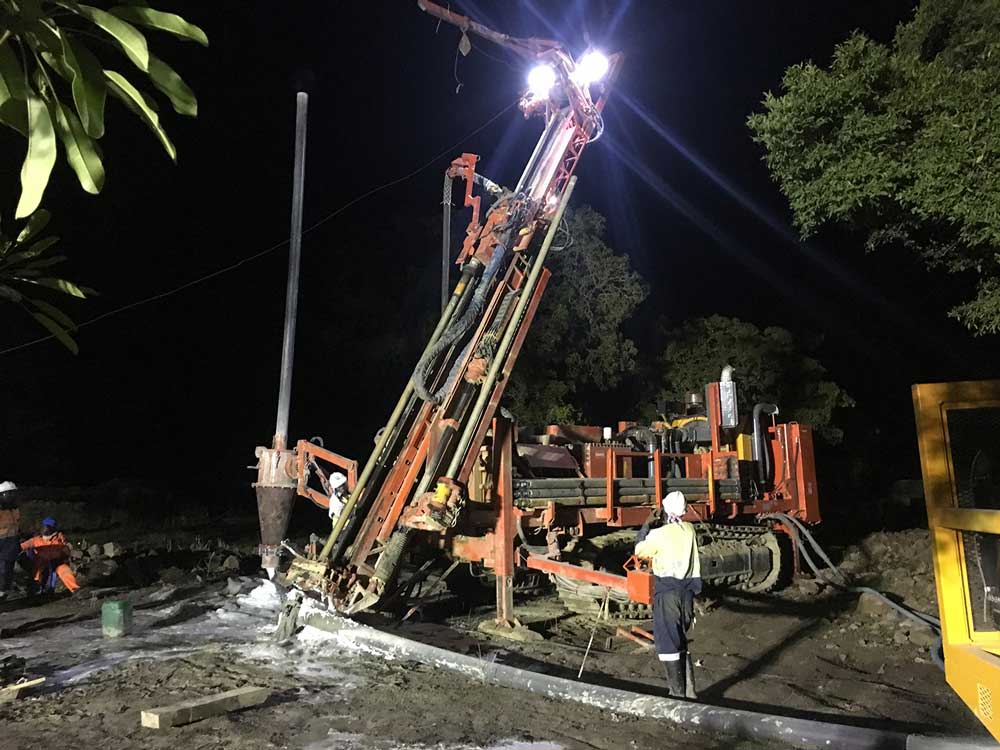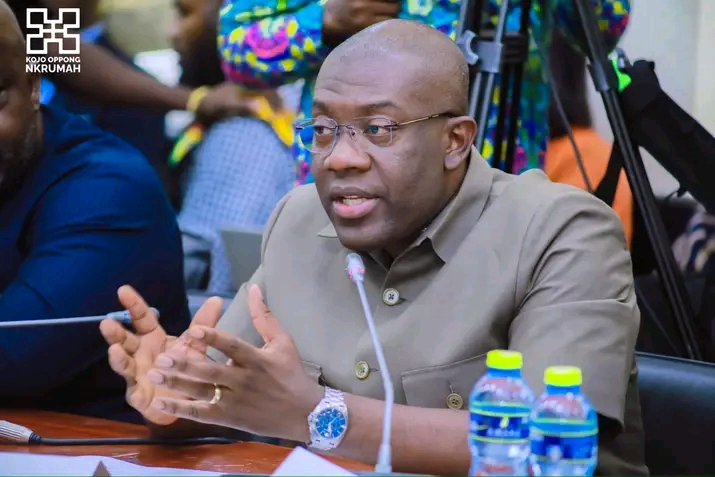By: Kenneth Appiah Bani
The recent $277 million claim filed by Australian gold mining company Cassius Mining against the Ghanaian government has raised serious concerns in the international mining community. The dispute centers on allegations of contract and law breaches, particularly regarding the non-renewal of Cassius’s prospecting license in Ghana.
Cassius Mining, a prominent player in the Australian mining sector, has operated in Ghana for several years under a valid prospecting license. The company asserts that the Ghanaian government did not renew their license as per their agreement, resulting in substantial financial losses.
The case has been escalated to the Court of International Arbitration in London, where Cassius seeks $277 million in damages. This significant claim underscores the gravity of the allegations against the Ghanaian government and highlights the potential repercussions for foreign investment in the mining industry.
Analytically, this case raises critical questions about the legal and regulatory framework governing mining in Ghana. It emphasizes the necessity for clear processes for issuing and renewing mining licenses and the importance of honoring contractual obligations between governments and mining firms.
Furthermore, the outcome of this dispute could have wider implications for the mining sector in Ghana and beyond. Foreign investors may be discouraged from entering agreements with the Ghanaian government if they perceive a lack of legal certainty and investment protection, potentially hindering the mining sector’s development and Ghana’s economic growth.
In summary, Cassius Mining’s $277 million claim against the Ghanaian government is a significant issue that requires close attention from stakeholders in the industry.






